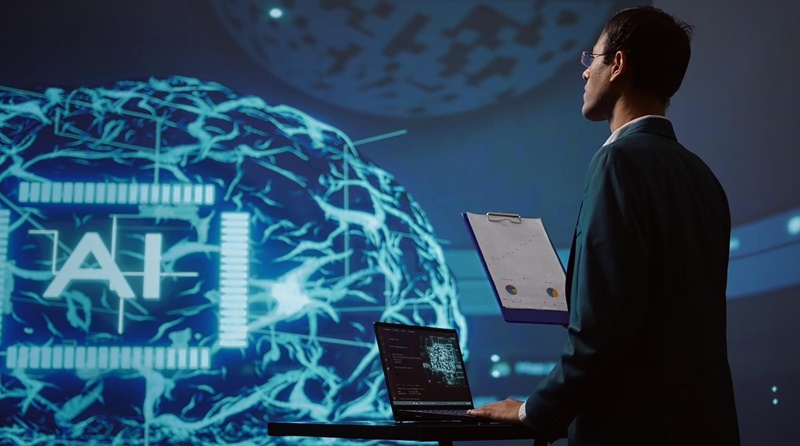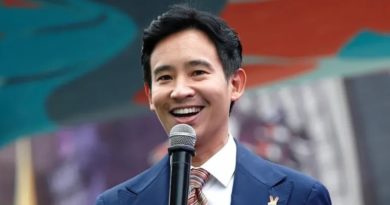AI Revolution: Thammasat’s College of Innovation Prepares Organizations for an AI-Driven Future
As digital technology transforms global business, artificial intelligence (AI) has emerged as a critical tool for enhancing competitiveness. By improving efficiency, streamlining workflows, and unlocking innovation, AI is no longer optional but essential for organizations aiming to lead in a fast-changing world.
Thammasat University’s College of Innovation (CITU) is equipping organizations and Chief Information Officers (CIOs) with strategies to thrive in a future dominated by AI. Asst Prof Poomporn Thamsatitdej, Assistant Dean for Digital Innovation, shares insights on harnessing AI to balance innovation with sustainability, preparing for a landscape full of opportunities and challenges by 2025.
Strategic AI Adoption: Foundations for Success
Prof Poomporn emphasizes that successful AI adoption begins with clear strategic principles:
- AI Governance Framework: Establish a vision for AI with ethical standards and robust risk management to ensure responsible implementation.
- AI Strategy and ROI: Align AI initiatives with business objectives and use metrics like performance and ROI to track success, continuously optimizing strategies to stay competitive.
Driving AI Transformation
To integrate AI effectively, organizations should focus on:
- Clear Goals and Communication: Align goals with organizational vision and ensure transparent communication to foster trust.
- Upskilling Staff: Provide training in data management and programming to prepare teams for collaboration with AI.
- Leadership Engagement: CIOs and executives must lead by example to inspire teams and drive transformation.
Managing AI Challenges
Critical areas for managing AI challenges include:
- Data Quality: Ensure accurate and reliable data to minimize errors.
- Bias Mitigation: Regularly audit systems to maintain neutrality and transparency.
- Cultural Adaptation: Promote a culture that embraces technological change.
- Right Partnerships: Collaborate with experienced technology partners for seamless AI integration.
CIOs: Pioneers of AI Success
As technology leaders, CIOs are central to AI-driven organizational growth. Their roles include:
- Tech Management: Build robust infrastructure and select the right AI tools.
- Ethical Oversight: Ensure AI systems are unbiased, transparent, and compliant with regulations.
- Talent Development: Foster innovation by upskilling teams and cultivating an AI-ready culture.
With initiatives like Thailand’s National AI Action Plan, which targets a 60-billion-baht AI market value by 2027, the role of CIOs is pivotal in aligning AI with business and national goals.
Thammasat University’s CITU aims to be a leading hub for AI education and research, empowering organizations to compete globally while fostering sustainable economic and social transformation. As Prof Poomporn states:
“AI is about more than technology—it’s about people, vision, and culture, moving forward together toward future success.”



